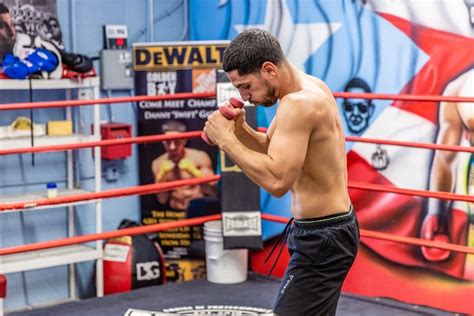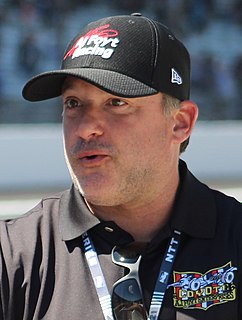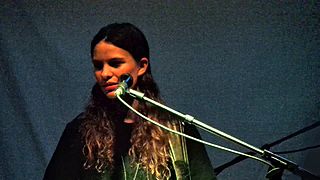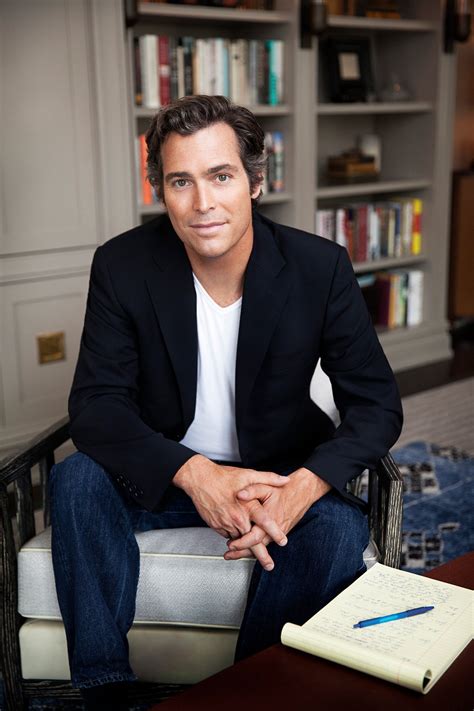A Quote by Edward Albee
I find that in the course of the day when I'm writing, after three or four hours of intense work, I have a splitting headache, and I have to stop. Because the involvement, which is both creative and self-critical, is so intense that I've got to stop doing it.
Related Quotes
I'm a self motivated person, that's what got me to the point I'm at today. I don't take anybody lightly because this is what I do, this is my job. The day that I stop taking it seriously is the day I have to stop boxing. I would never put myself into a position where I go into the ring not prepared.
A big reason why we were able to and have been able to continue to succeed is that we had a very intense work ethic, right from the beginning. There was a do-or-die attitude toward the work. It wasn't seen as a little "club." It was like, "This is your life." We would spend hours and hours rehearsing and endlessly rewriting. We took it very seriously right off the bat. And we were also extremely critical of each other, which was another thing that was unique. A lot of comedy ensembles have a hard time being critical of each other, because they don't want to hurt each other's feelings.
I think that it is very interesting to write about a team because a team is a group of people who work in very close quarters and have very intense relationships so - in my days of playing sports, I was very rarely on a team that did not have it's own peculiar dynamic, and you wind up having very intense feelings for good and for bad about these people with whom you spend many hours a day.
The other thing is that it's really hard to separate out the harassment from everything we do. When we started creating Tropes, we were hyper-aware of the intense scrutiny, the intense harassment, and the intense pressure to do something meaningful given the attention both positive and negative. That's carried over in terms of making sure that I produce the best work that I can, that's the most accurate, the most sensitive and engaged.
In the two or three or four months that it takes me to write a play, I find that the reality of the play is a great deal more alive for me than what passes for reality. I'm infinitely more involved in the reality of the characters and their situation than I am in everyday life. The involvement is terribly intense.
One of the things I love about the theater is that no one can tell you to stop. Once you're onstage, it's three hours, and whether you're completely off or you're just horrendous, you've got to find a way to leave an impression. There's not that terrible thing that you get when you're making a movie, where you get in your car at the end of the day knowing that something you're not proud of was immortalized on film, and you can't fix it because they won't reshoot it.
If you stay up late and you have another hour of work to do, you can just stay up another hour later without running into a wall and having to stop. Whereas it might take three or four hours if you start over, you might finish if you just work that extra hour. If you're a morning person, the day always intrudes a fixed amount of time in the future. So it's much less efficient. Which is why I think computer people tend to be night people - because a machine doesn't get sleepy.




































